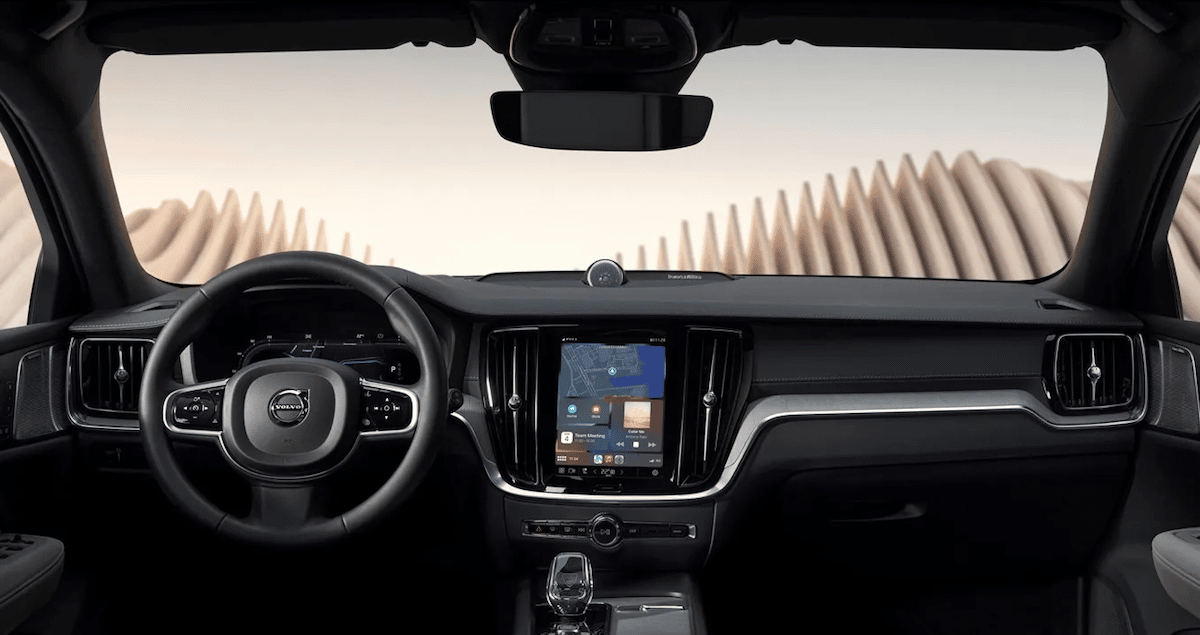Following ten years of development and significant investment, Apple recently announced that it was ending its electric vehicle (EV) project, known as “Apple Car.” This move caused a stir in the tech and automotive sectors.
The decision, which shocked many, particularly ambitious Chinese EV manufacturers like Xiaomi, Li Auto, and Xpeng, signals a significant shift in Apple’s strategic direction towards generative artificial intelligence (AI). This move not only impacts the competitive landscape in the EV market but also underscores the growing importance of AI in shaping the future of technology.

“Apple Car” means more room for Chinese brands? Xiaomi, Li Auto, and Xpeng respond
Following years of speculation, many were taken aback by Apple’s announcement that it would abandon the EV project and redirect funds toward AI research. With a team of 2,000 employees dedicated to the EV initiative, Apple’s shift highlights the company’s commitment to exploring new frontiers in AI technology. This action underscores AI’s potential to transform sectors beyond the automotive industry and is in line with Apple’s larger goal of integrating AI throughout its product ecosystem.
Prominent Chinese EV brands have expressed differing opinions in response to the news of Apple’s exit from the EV market. Xiaomi, known for its smartphones, entered the EV market with the unveiling of its SU7 model. Founder Lei Jun expressed shock at Apple’s decision but affirmed Xiaomi’s steadfast commitment to its EV venture, emphasizing the company’s significant investment and engineering prowess.

Li Auto’s CEO, Li Xiang, endorsed Apple’s pivot to AI, recognizing the transformative potential of AI across various domains.
AI will become the top-level entrance for all devices, services, applications and transactions, in which Apple should stay on top
Meanwhile, Xpeng’s chairman, He Xiaopeng, expressed disbelief at Apple’s departure from the EV space, anticipating intensified competition in 2024 as new entrants prepare to launch products.
The rise of Chinese EV manufacturers has been remarkable, with companies like BYD surpassing Tesla as the world’s leading EV manufacturer. Li Auto’s record profits and Xpeng’s ambitious expansion plans underscore the dynamism and growth potential of the Chinese EV market. Despite challenges such as economic slowdowns, these companies remain focused on their long-term prospects, fueled by innovation and market demand.
(via the South China Morning Post)